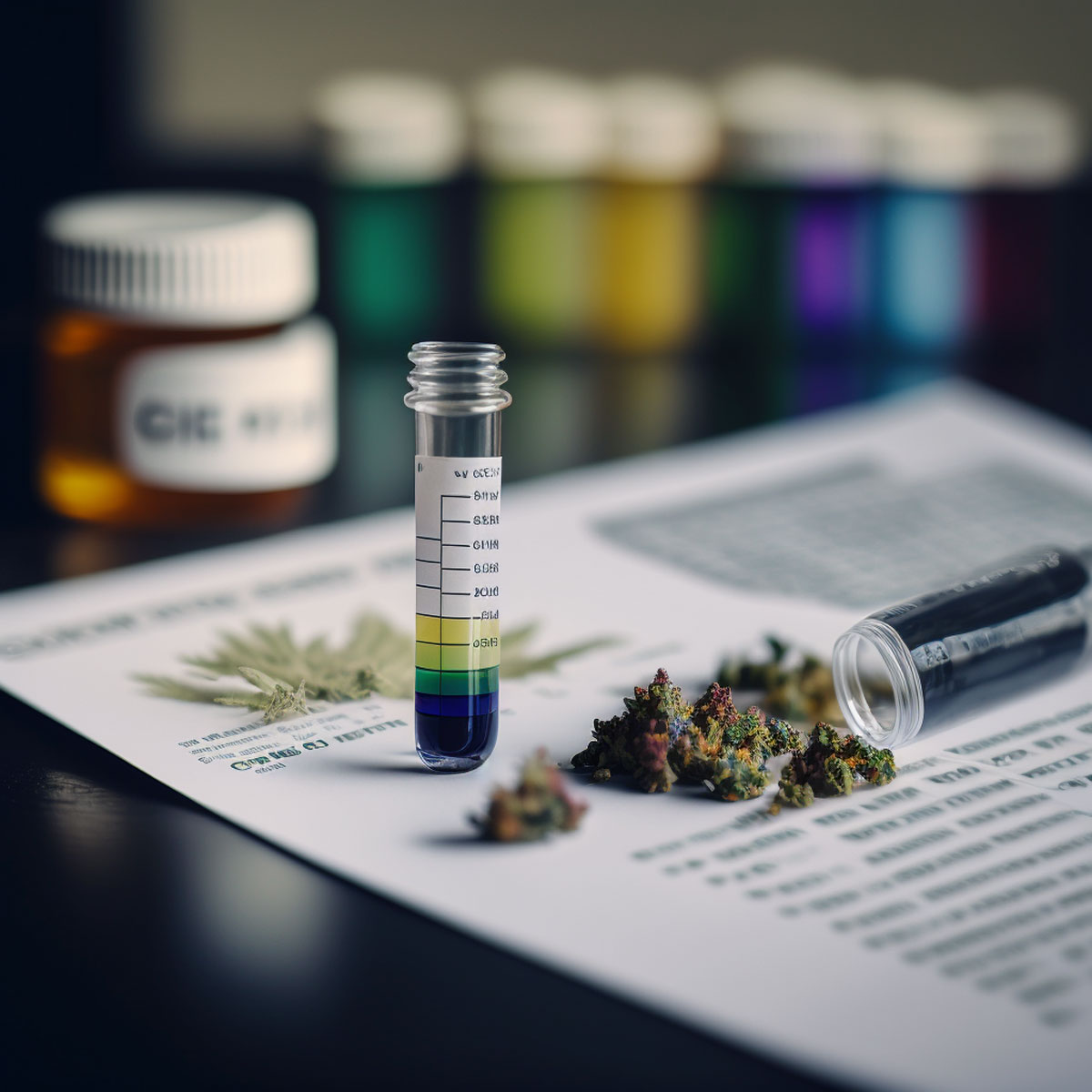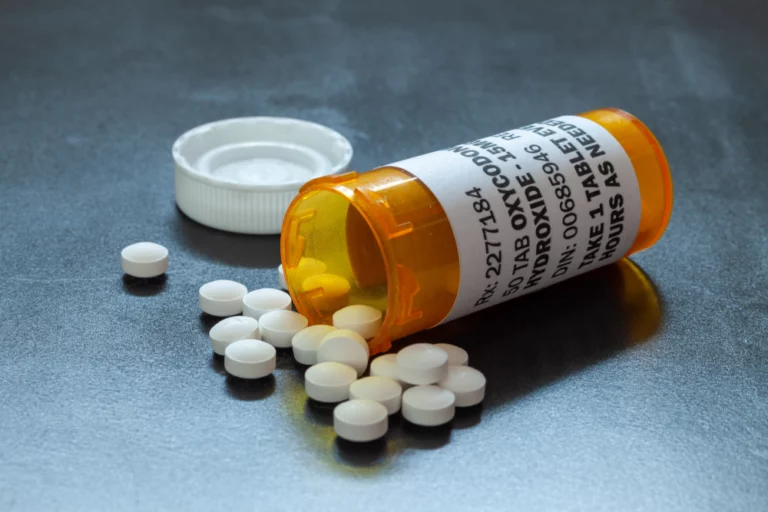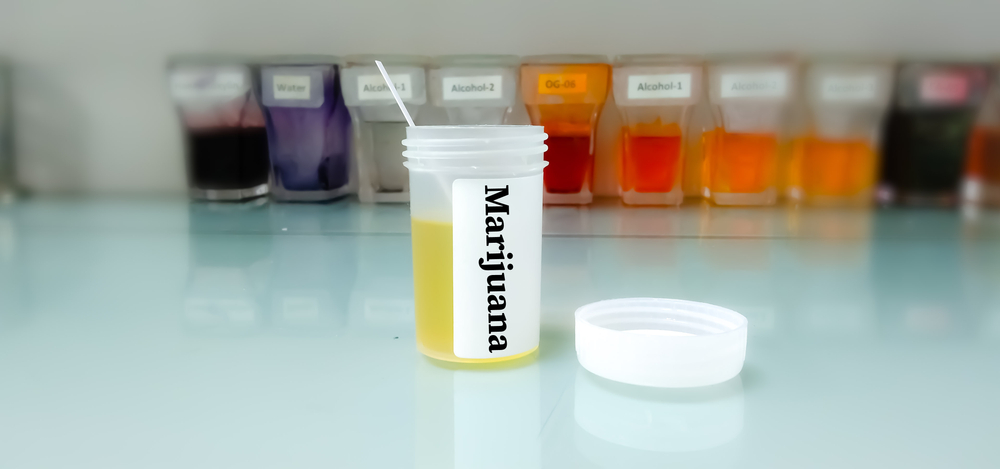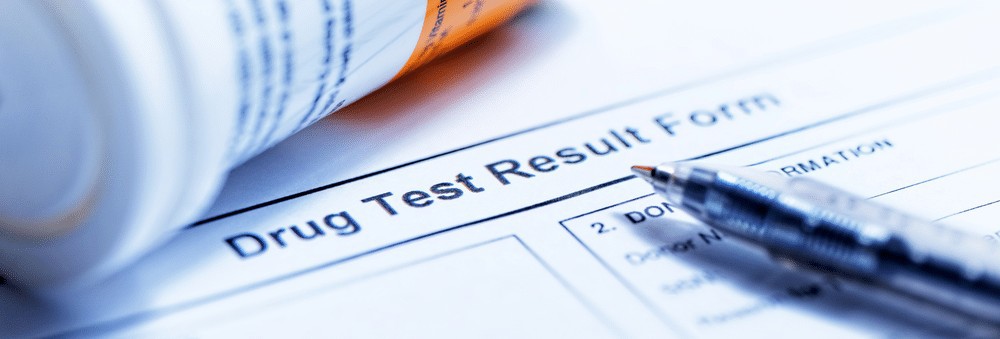Do Edibles Come Out In Drug Tests
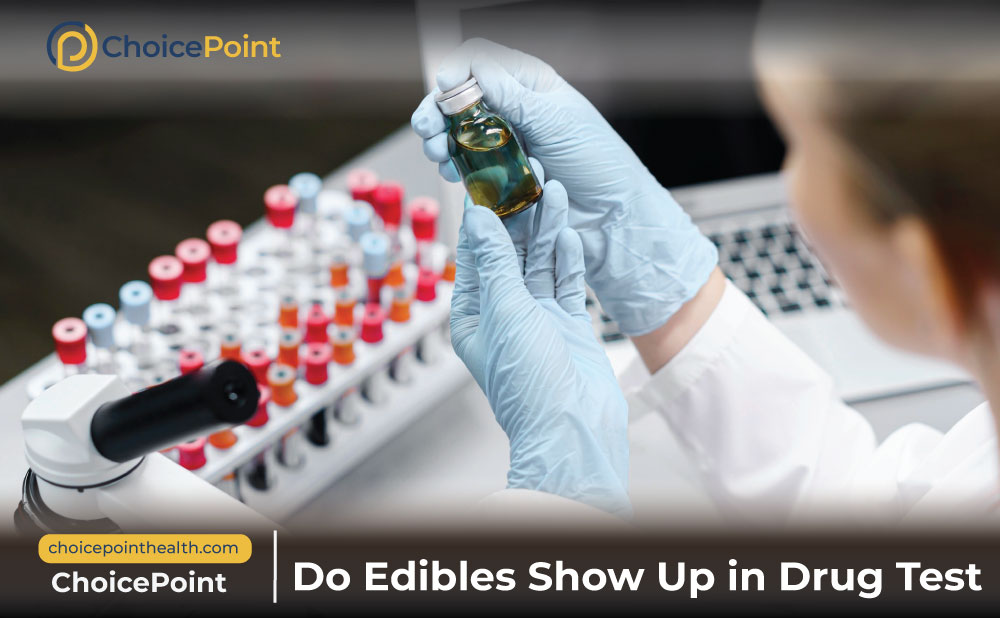
Marijuana edibles can trigger positive results in drug tests. Understanding detection windows and testing methodologies is crucial for anyone subject to drug screening.
This article provides an immediate overview of how edibles metabolize and impact drug test outcomes. It offers data-backed information to help individuals navigate the complexities of THC detection.
THC Metabolism and Detection: A Quick Overview
Edibles, unlike smoked marijuana, are processed through the digestive system. This process converts THC into 11-hydroxy-THC, a more potent metabolite that is then further metabolized into THC-COOH, the primary target of most drug tests.
The presence of THC-COOH in urine, blood, hair, or saliva indicates marijuana use. The detection window varies significantly based on individual factors and testing method.
Urine Tests: The Most Common Method
Urine tests are the most prevalent method for detecting marijuana use. For infrequent users, THC-COOH can be detected for up to 3-7 days after consumption.
Moderate users may test positive for 10-15 days, while heavy users can show positive results for 30 days or even longer. These timelines are influenced by metabolism, body fat, and frequency of use.
Blood Tests: A Shorter Detection Window
Blood tests offer a shorter detection window compared to urine tests. THC is typically detectable in the blood for only 1-2 days after consuming edibles.
However, in very heavy users, THC metabolites can be detected for up to a week. Blood tests are often used to determine recent use.
Saliva Tests: Immediate and Short-Term Detection
Saliva tests detect THC for a very short period, usually within 24-72 hours after use. This makes them useful for identifying very recent consumption.
Saliva tests are becoming increasingly common due to their ease of administration and rapid results.
Hair Follicle Tests: Longest Detection Period
Hair follicle tests have the longest detection window, potentially detecting THC use for up to 90 days. This method analyzes the hair shaft for traces of drug metabolites.
However, hair follicle tests are less common and can be more expensive than other methods.
Factors Influencing Detection Times
Several factors impact how long edibles remain detectable in the body. Metabolism is a key determinant, with faster metabolisms leading to quicker elimination of THC.
Body fat percentage also plays a role, as THC is stored in fat cells. Higher body fat can prolong detection times.
Frequency and dosage are critical; regular, high-dose edible consumption will extend the detection window significantly.
What the Data Shows
A 2023 study published in the Journal of Analytical Toxicology found significant variability in THC detection times across individuals. The study highlighted the importance of considering individual factors when interpreting drug test results.
According to data from the Substance Abuse and Mental Health Services Administration (SAMHSA), urine tests accounted for the majority of workplace drug screenings in 2022, further emphasizing the relevance of understanding urine detection windows.
The National Institute on Drug Abuse (NIDA) provides extensive resources on drug testing methodologies and detection periods, serving as a valuable reference for both employers and individuals.
Navigating the Complexities: Key Considerations
Anyone subject to drug testing should understand their employer's or organization's policies regarding marijuana use. Knowing the specific testing method used is crucial for accurate interpretation of potential results.
Transparency is key: if you have consumed edibles, informing the testing administrator may be advisable, though it may not prevent a positive result.
Ongoing Developments and Next Steps
Research continues to evolve regarding THC metabolism and detection. New testing methodologies are constantly being developed to improve accuracy and reliability.
Stay informed about changes in drug testing regulations and scientific advancements. Consulting with legal counsel or a medical professional can provide personalized guidance.
Continued monitoring of scientific literature and regulatory updates is essential for a comprehensive understanding of how edibles impact drug test outcomes.


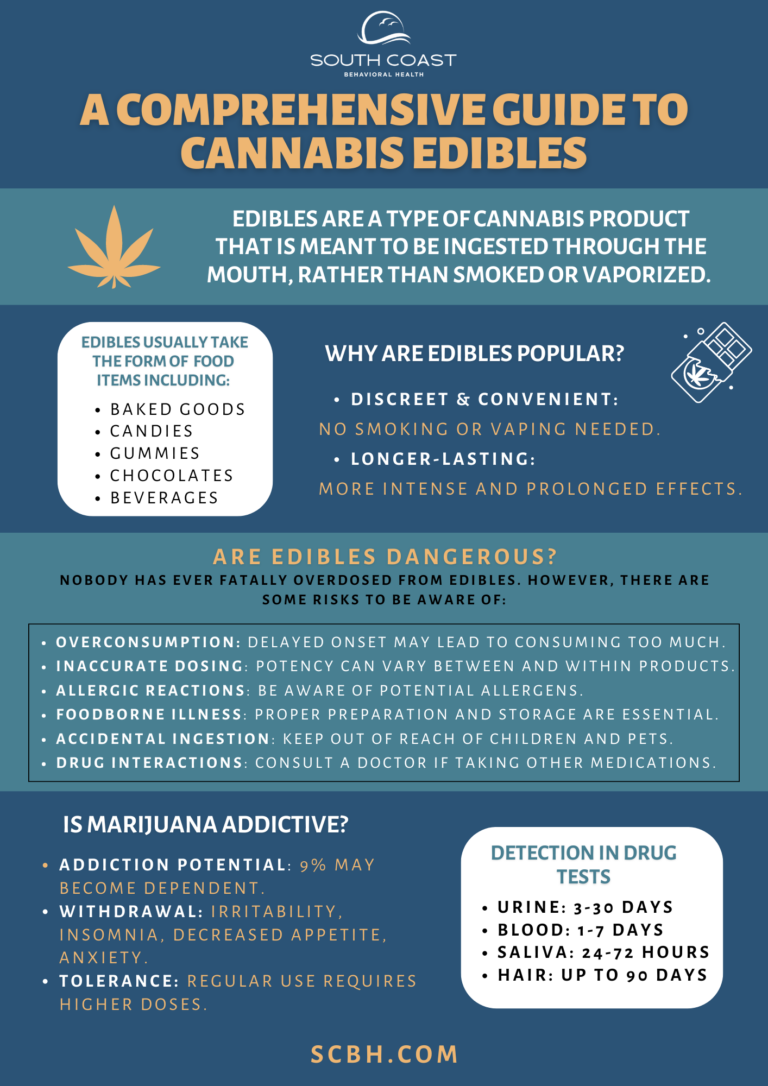
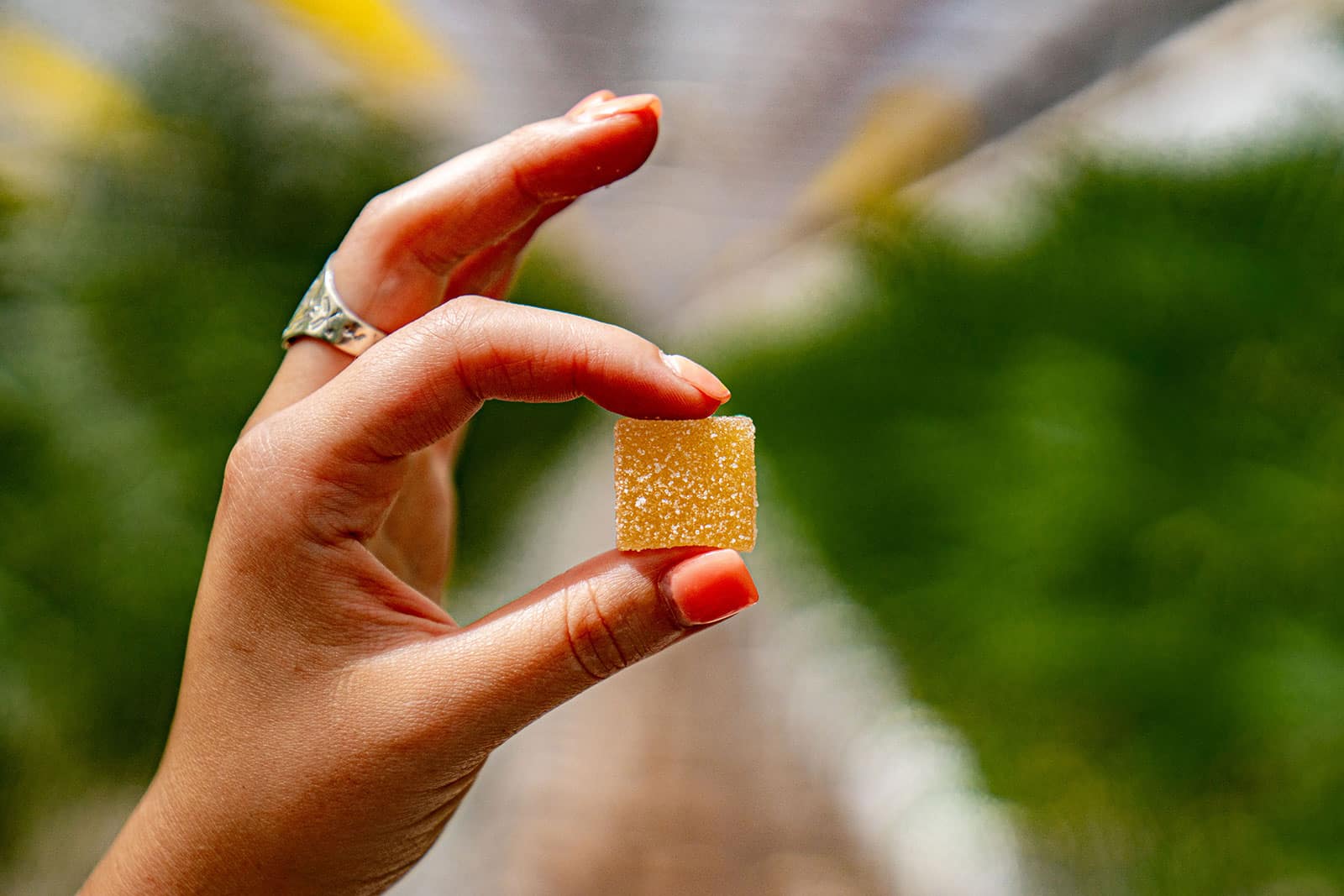
![Do Edibles Come Out In Drug Tests Do Edibles Show Up On Drug Tests? [1f3955]](https://i.ytimg.com/vi/jiLnH3QulUU/sddefault.jpg)

